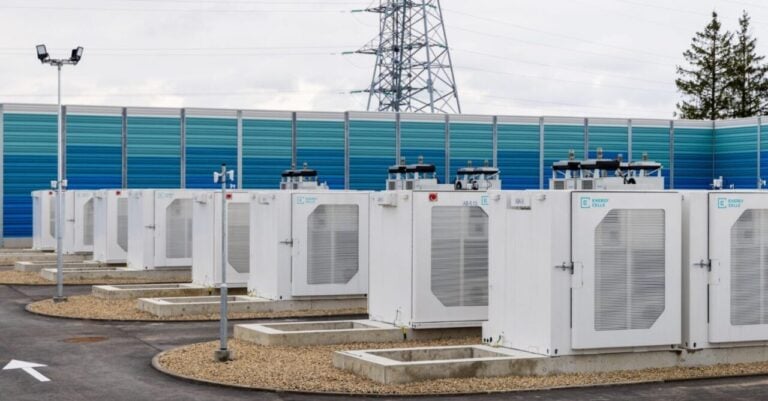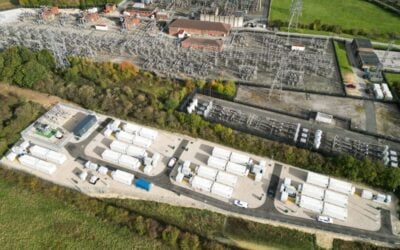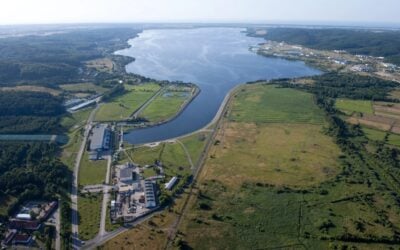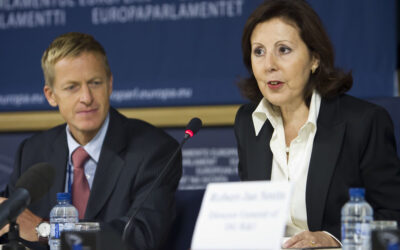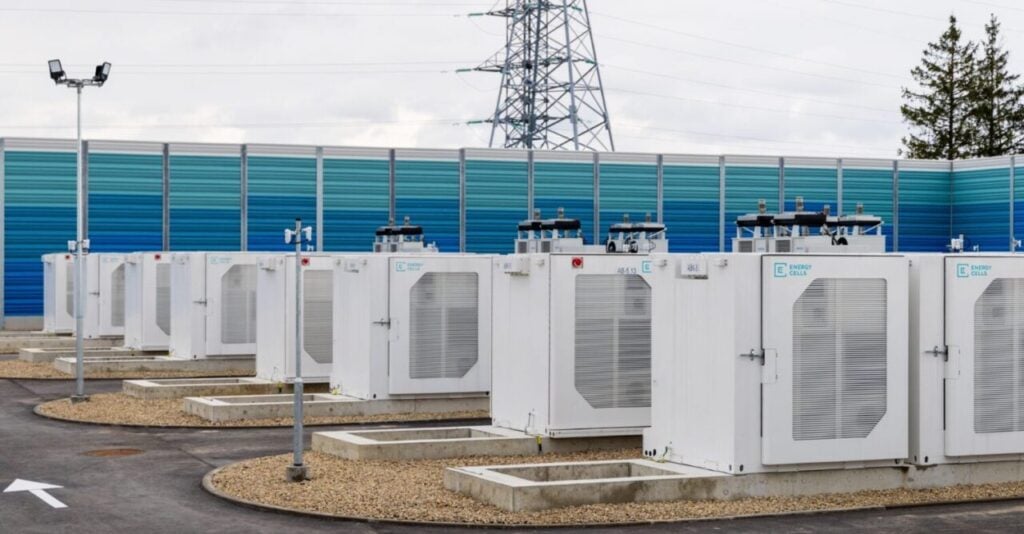
Battery storage played a crucial role in the Baltic region’s switch from Russia over to the Continental European grid over the weekend, coinciding with Lithuania launching a €102 million storage support scheme.
Over 8 and 9 February 2025, Estonia, Lithuania and Latvia disconnected from the BRELL network – comprising Belarus, Russia, and, until then, the three Baltic nations – and connected to the grid of Continental Europe via the LitPol Link between Lithuania and Poland.
This article requires Premium SubscriptionBasic (FREE) Subscription
Enjoy 12 months of exclusive analysis
- Regular insight and analysis of the industry’s biggest developments
- In-depth interviews with the industry’s leading figures
- Annual digital subscription to the PV Tech Power journal
- Discounts on Solar Media’s portfolio of events, in-person and virtual
Or continue reading this article for free
The move has been in the works since 2007 but Russia’s invasion of Ukraine in 2022 accelerated it, and its finalisation was celebrated at an event with the heads of the EU and Baltic countries titled ‘Energy Independence Day’. The process involved over 40 infrastructure projects and over €1.2 billion (US$1.24 billion) in investment, the European Commission said.
Energy-Storage.news has asked Lithuania’s transmission system operator (TSO) Litgrid for information about the role played by one of those projects, a set of four 50MW, storage-as-transmission battery energy storage systems (BESS), deployed for the TSO by Fluence and project owner Energy Cells.
Meanwhile Fluence’s managing director for growing markets Julian Jansen said on business networking site LinkedIn that the Baltic countries operated in island mode for 24 hours while running frequency management tests as part of the process, and the BESS played a crucial role.
“This is when the 200MW portfolio of Storage-as-Transmission-Assets in Lithuania, delivered by Fluence and connected directly to the transmission network, jumped into action within less than 150 milliseconds to stabilise the grid and provide fast frequency regulation services. Four storage projects, each 50MW, will continue serving the Lithuanian people and the region,” Jansen said.
Energy-Storage.news interviewed Litgrid about the projects in late 2023 (Premium access article).
Lithuania launches €102 million storage support scheme
A few days before the event, the Ministry of Energy of Lithuania announced a call for applications to partake in a €102 million financial support scheme for grid-scale energy storage to help the country integrate growing renewable generation.
The programme, which aims to support the deployment of 800MWh of energy storage by 2028 to help balance the grid, will be administered by the Environmental Project Management Agency (EPMA).
The funding support is capped at €150,000 per MWh and 30% of investment costs, and projects need to be at least 15MW in size with both standalone and renewable-plus-storage projects eligible.
The funding comes from a €180 million package of EU funding for storage approved last year. The call for applications goes until a deadline of 17 June this year.
Estonia and Latvia are also deploying energy storage, both BESS and other technologies, which you can read more about here.
Read Next
ESN Premium hears from independent power producer (IPP) Econergy about its expansion from solar into BESS across Europe.
The government of Estonia will financially back a 500MW pumped hydro energy storage project to meet the country’s need for long-duration energy storage, as the Baltics prepare to disconnect from Russia’s grid this weekend.
The government of Poland looks set to run further capacity market (CM) auctions with the specific aim of enabling gas plants to win, after BESS wiped the floor with the technology at the last auction.
State-owned power producer PGE Group has selected LG Energy Solution to provide the BESS for a 263MW/900MWh project it will build in Poland, for a total of PLN 1.555 billion (US$385 million).
Most Popular
Email Newsletter
This site is operated by a business or businesses owned by Informa PLC and all copyright resides with them. Informa PLC’s registered office is 5 Howick Place, London SW1P 1WG. Registered in England and Wales. Number 8860726.

